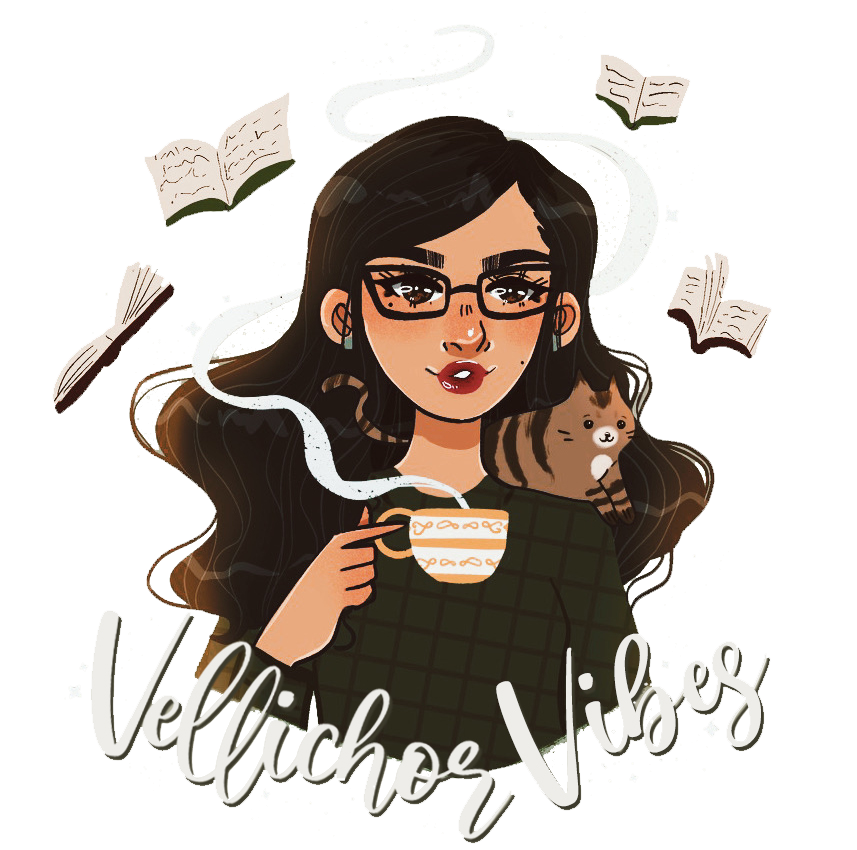Howdy! I’m Joya, and this blog features my book reviews. I’m sure you’re wondering what, exactly, is a vellichor vibe? It’s a whole damn mood. No, really!
vellichor (n.) – The strange wistfulness of used bookstores, which are somehow infused with the passage of time—filled with thousands of old books you’ll never have time to read, each of which is itself locked in its own era, bound and dated and papered over like an old room the author abandoned years ago, a hidden annex littered with thoughts left just as they were on the day they were captured.
The Dictionary of Obscure Sorrows
Don’t you love it when you discover a word exists for that aching feeling you could never quite define?
I enjoy reading and reviewing diverse, exciting books in all kinds of genres, but a few in particular tend to be the ones I’m drawn to:
- Contemporary fiction
- Fantasy
- Historical fiction
- LGBTQ+ stories
- Literary fiction
- Modern retellings
- Mystery/thriller
- #OwnVoices stories (especially South Asian experiences)
- Romance/Paranormal romance
- Science fiction
- Young adult

In addition to the list above, I am also open to reading poetry, short story, and essay collections on occasion. Please use the contact form if you’d like to suggest or send a book for me to review.
In addition to getting lost in a good book, I also spend my free time knitting, baking, gardening, letterpress printing and bookbinding when I can. A cozy nook, a steaming cup of tea, a quiet morning, petrichor in the air, and an inviting pile of books beside me is my bliss.
Finally, a huge thank you to Celeste for lending her formidable art skills to my blog. You should absolutely commission her for some art. She is an utter delight to work with and so, so talented. You won’t regret it!
